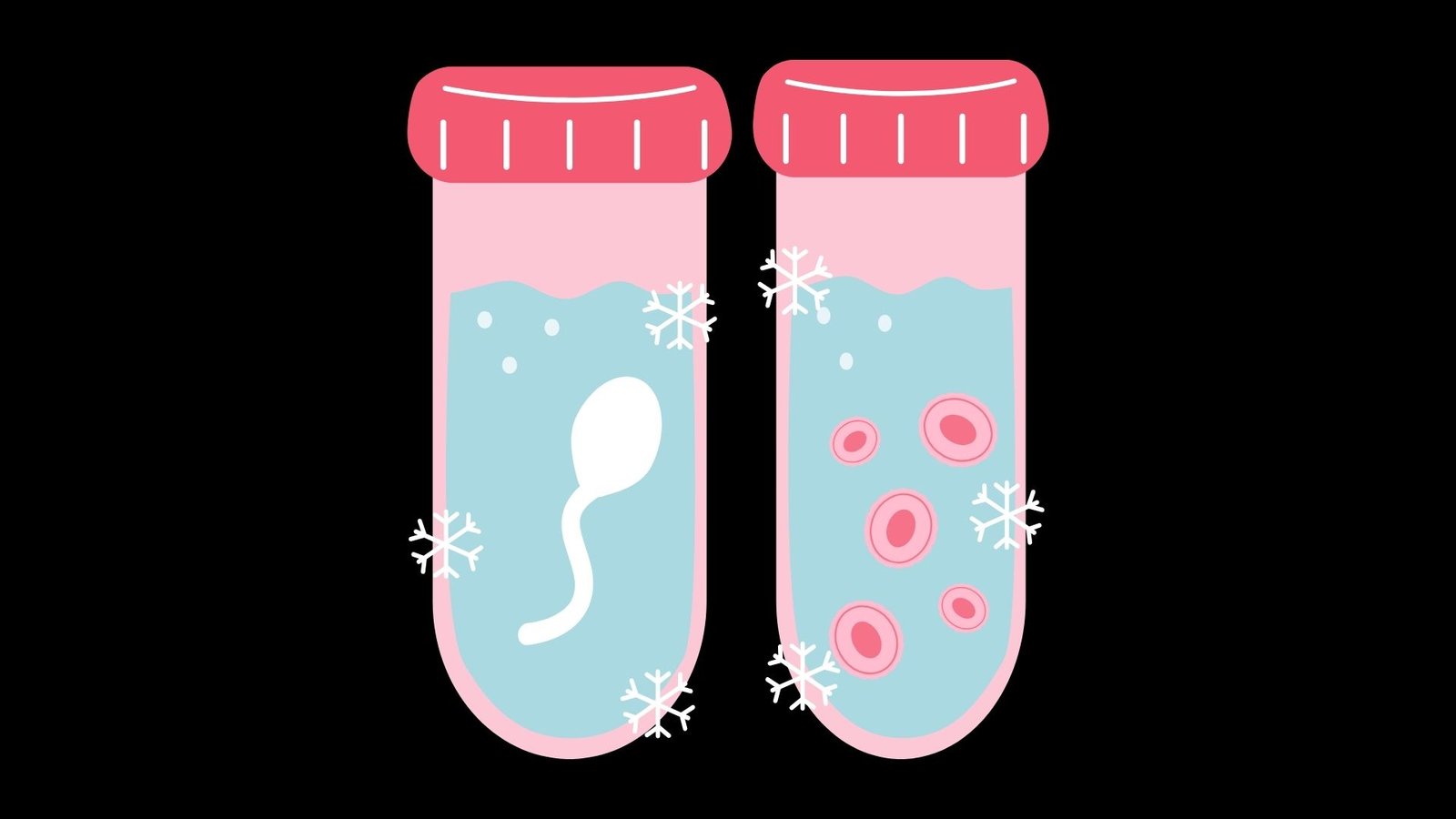In recent years, egg freezing has emerged as a groundbreaking option for women looking to extend their fertility window. Whether driven by career aspirations, personal circumstances, or medical reasons, more women are turning to this technology as a means to preserve their reproductive options. But does egg freezing truly work for the majority of women? Let’s delve into the pros and cons, and considerations to help women make informed decisions.
Egg Freezing: The Pros and Cons
Pros: Egg freezing offers women the opportunity to preserve their fertility while their eggs are still young and healthy, potentially increasing the chances of a successful pregnancy in the future. For those prioritizing career or personal goals, egg freezing provides the flexibility to delay parenthood without worrying about age-related declines in fertility.
Women facing medical treatments that may affect their fertility, such as chemotherapy, can use egg freezing to safeguard their reproductive potential. Emotionally, egg freezing can provide peace of mind, knowing that proactive steps have been taken to protect future fertility. Cons: While egg freezing can enhance the likelihood of conception down the road, it does not guarantee a successful pregnancy. Success rates vary based on factors like age, egg quality, and the expertise of the fertility clinic. Financial considerations can be significant, with costs for the procedure itself, medications, and ongoing storage fees. This financial burden may deter some women from pursuing egg freezing. The process of egg freezing can be emotionally taxing, involving hormone injections, frequent doctor’s visits, and uncertainty about future outcomes. Egg freezing raises ethical questions regarding the commodification of reproductive materials and the societal implications of delaying parenthood.
Is Egg Freezing Right for You? Making the decision to freeze your eggs is deeply personal and should be based on careful consideration of various factors:
1. Age: Egg freezing tends to be more successful for younger women, as egg quality and quantity decline with age. Consider freezing your eggs earlier rather than later for optimal results.
2. Health: Assess your overall health and fertility status. Consult with a fertility specialist to evaluate your ovarian reserve and any underlying health conditions that may impact the success of egg freezing.
3. Financial Situation: Evaluate the financial costs associated with egg freezing and storage fees. Determine if you have the financial resources to cover these expenses comfortably.
4. Emotional Readiness: Consider the emotional toll of the egg freezing process. Reflect on your readiness to navigate the physical demands, potential setbacks, and uncertainties involved.
5. Personal Goals: Reflect on your long-term personal and professional goals. Determine if egg freezing aligns with your timeline for parenthood and fits into your broader life plan.
Ultimately, the decision to freeze your eggs requires careful consideration of the pros and cons, as well as an understanding of your individual circumstances and goals. Consult with fertility specialists, weigh your options thoughtfully, and trust your instincts as you navigate this significant decision about your reproductive future.
Egg freezing empowers women to take control of their fertility journey, offering a sense of agency and hope for the future. While it may not be the right choice for everyone, for many women, it represents a valuable opportunity to preserve their options and pursue parenthood on their own terms.



